(ECNS)-- Beijing has been roasting under record high temperatures in recent days due to a strong warm air mass, with the local grid providing 24-hour emergency power supply service to support increasing power loads for cooling devices.
On Thursday, the highest temperature recorded at the Nanjiao observatory in southern Beijing reached 41.1 degrees Celsius, making it the second-highest temperature ever recorded in history in the city.
The next day, Beijing issued the highest-level red heatwave warning for the first time in nine years, with the highest temperature reaching 40.3 degrees Celsius, followed by another worse heat wave on Friday, making it the first time in the station's history to experience three consecutive days with temperatures exceeding 40 degrees Celsius.
The Beijing Meteorological Observatory stated at 18:00 on Saturday that during the daytime, most areas of the city experienced high temperatures ranging from 38 to 40 degrees Celsius. As of 17:00, out of 556 meteorological monitoring stations across the city, 376 stations recorded temperatures of 39 degrees Celsius and above, accounting for 68 percent of the total, while 265 stations recorded temperatures of 40 degrees Celsius and above, accounting for 48 percent of the total.
Starting from June 21, the Beijing-Tianjin-Hebei region has been under the influence of a relatively strong warm air mass that has exerted control for an extended period. Under the control of a high-pressure ridge, the sky has been clear with few clouds. This has intensified the radiative heating, further promoting temperature rise, said Zhang Yingxin, chief forecaster at the Beijing Meteorological Observatory.
Moreover, Beijing has entered the summer solstice period, with the longest daylight hours. The air humidity has been low, and the weather has been dry. These factors all contribute to higher temperatures, the expert said.
State Grid Beijing Electric Power Company stated that high temperatures have resulted in a significant increase in power demand, approximately 30 percent more than the same period last year, with cooling loads from air conditioning and other cooling devices accounting for 35 percent of the total load.
To meet the increased demand, a 24-hour emergency power supply service has been activated to facilitate electricity purchases for residents.
Currently, the power grid in Beijing is operating smoothly, and the electricity supply is well organized, the company said.

















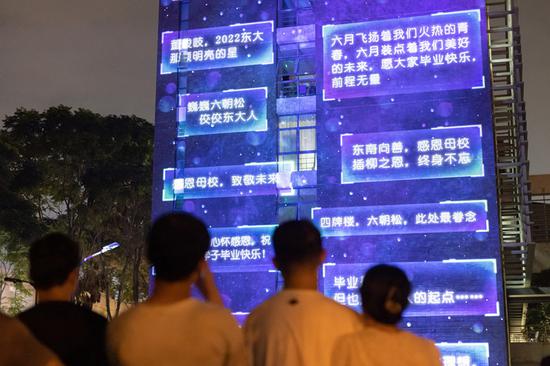
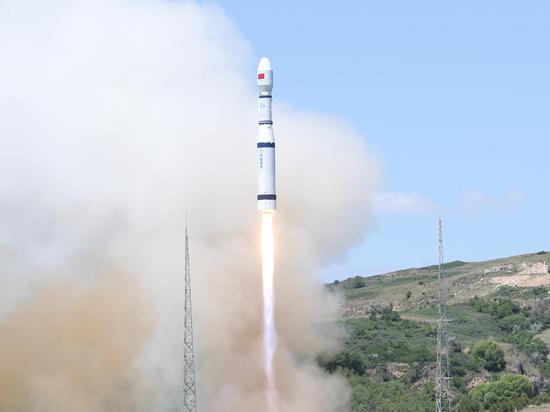
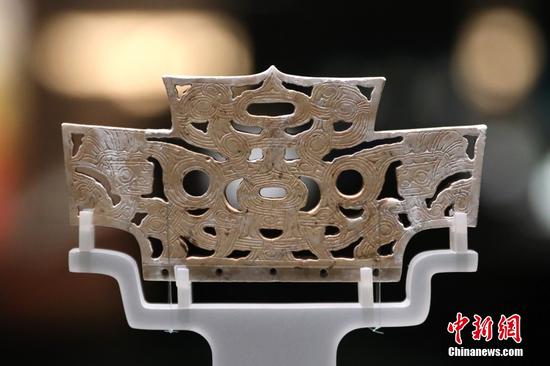





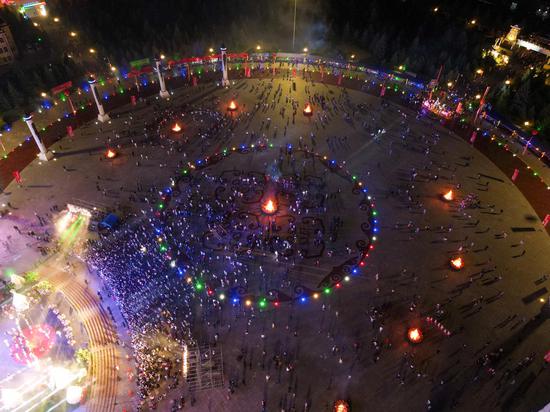





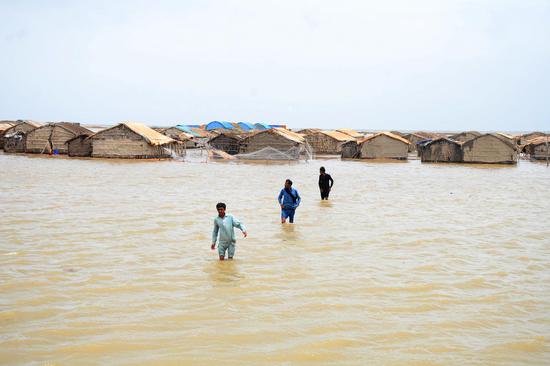






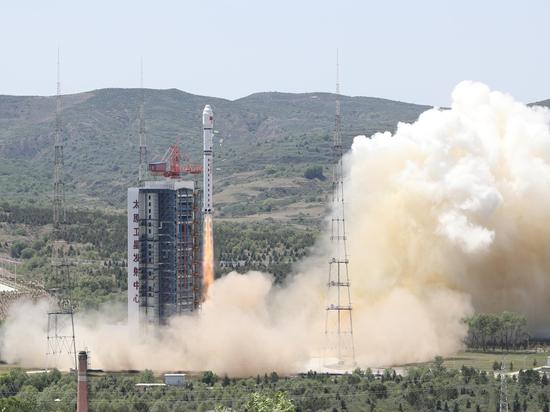



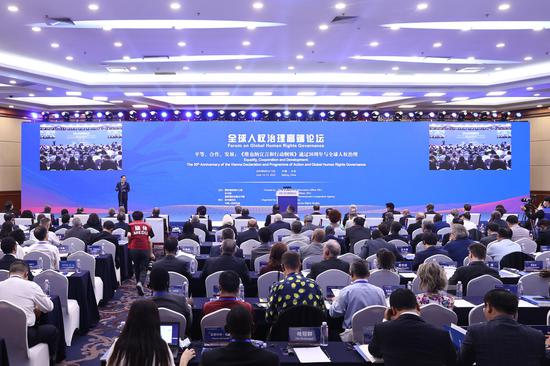







 京公网安备 11010202009201号
京公网安备 11010202009201号